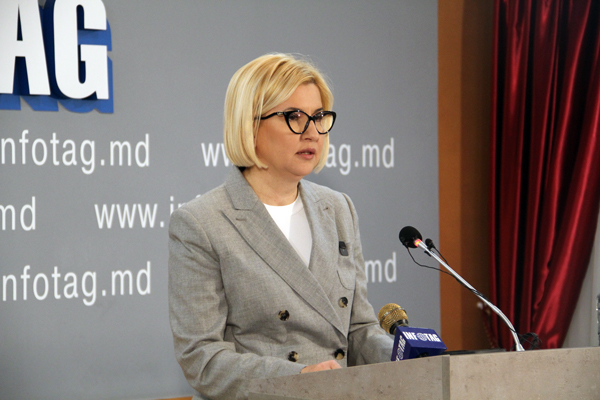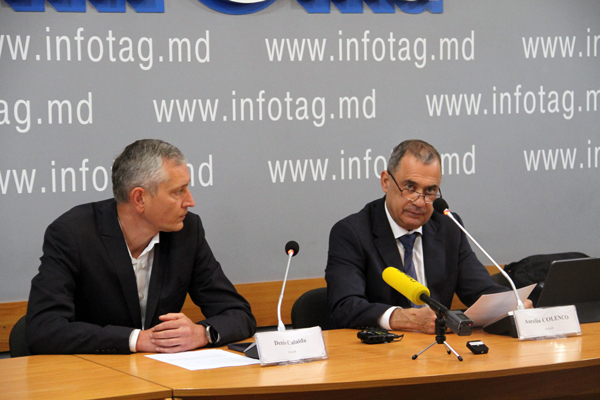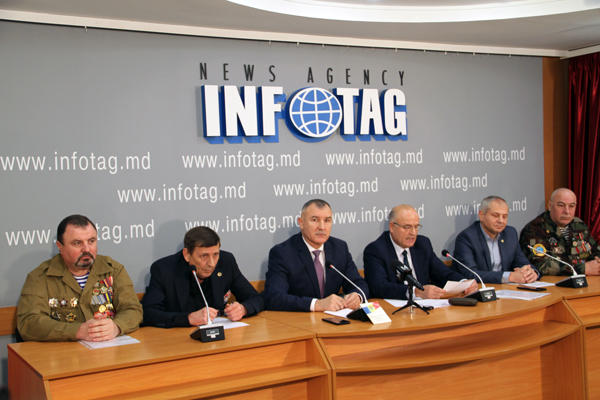Politics
OUTGOING MOLDOVAN PARLIAMENT IS NOT INTENDING TO CONSIDER LAWS RELATED TO GAGAUZIA AUTONOMY STATUS

The package of draft laws related to the legal status of the Gagauzia autonomy will not be considered by the incumbent outgoing Parliament of Moldova, deputies from the majority coalition told an Infotag correspondent.
“The adoption of this package, which includes 3 laws, was one of the commitments of the incumbent Parliament. However, last year President Igor Dodon refused to promulgate the Parliament-approved laws and returned them to the legislative forum for re-consideration. During the past Spring-Summer Session the Parliament failed to achieve a political consensus for a repeated voting on the laws. At the forthcoming Autumn Session, which will be very short due to the upcoming parliamentary elections, the package will not be considered, either: the majority coalition believes such serious documents should not be considered before parliamentary elections, when political struggle gets hotter”, said an MP.
As was already reported by Infotag, on July 21, 2017 the Parliament approved two of the three bills concerned that comprised a lot of amendments to the initiative versions of the bills. Those amendments were not agreed upon with Gagauzia representatives, which caused their strong disappointment.
In particular, the Parliament denied Gagauzia to have “a separate level of governance” besides the administrative-territorial units of Level 1 and Level 2. The Parliament replaced the “separate level” with a “special legal status”, though this has already been stipulated in the 1994 Law on the Special Legal Status of Gagauzia. The autonomous region’s representatives stated that the adoption of the laws in such a version “is devoid of whatever sense”.
In September 2017, President Igor Dodon refused to promulgate the laws pertaining to the plenary powers of Gagauzia autonomy’s governance bodies and returned the documents to the Parliament for reconsideration and improvement. He substantiated his decision as follows: the legal acts fail to correspond to the proposals worked out by the tripartite working group of the Moldovan Parliament, the Gagauzia Popular Assembly and civil society representatives.
Dodon stressed then that he would be invariably insisting that the laws pertaining to the Gagauzia autonomy be adopted in the version worked out by the said joint working group.
It was believed that in the course of the 2017 Autumn-Winter Session the Parliament would repeatedly approve the President-rejected laws and thus would make him promulgate them, or would again resort to their time-tested technique of suspending the head of state from his office [for 15-20 minutes, i.e. for the time enough for an ‘acting president’ – Speaker or Premier – to sign the paper]. But the deputies did not return to the package then – neither during the Autumn-Winter Session nor in the subsequent Spring-Summer Session that ended on July 30.
Meanwhile, the adoption of the laws that would specify more accurately the special legal status of the Gagauzia autonomy has been long insisted on by leading international organizations such as the Council of Europe, the European Union and the OSCE.
























Add Comment